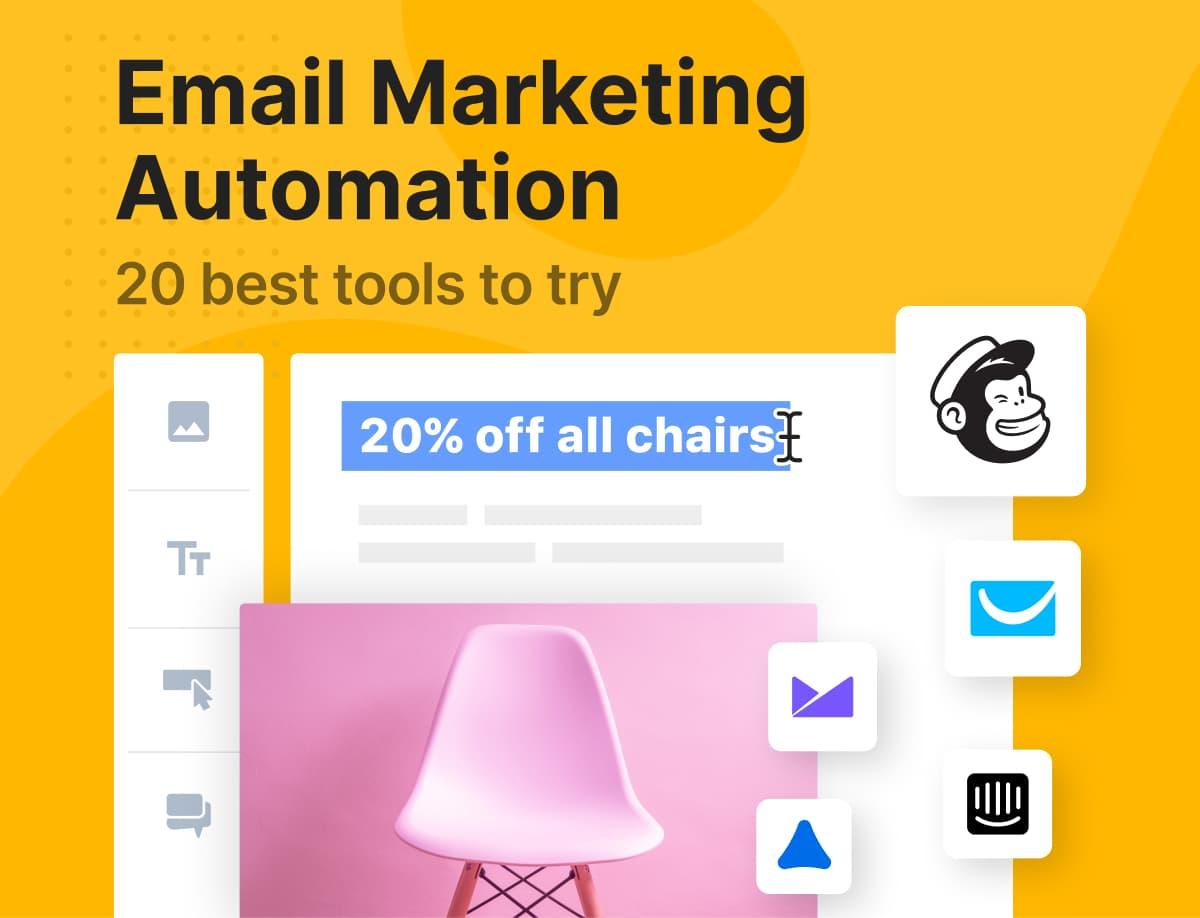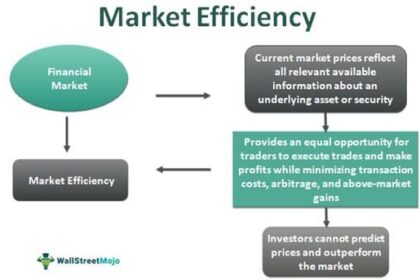In an age where digital communication flows faster than ever, businesses are continually seeking efficient ways to connect with their audiences. Among the myriad of marketing strategies available, email marketing has stood the test of time. Yet, as the inboxes of consumers become increasingly crowded, the challenge lies not only in crafting compelling messages but also in delivering them at the right moment. Enter email marketing automation—a powerful tool that marries technology with creativity, allowing marketers to send personalized, timely communications without dismantling their daily operations. In this article, we will delve into the world of email marketing automation, exploring its benefits, best practices, and how it can transform customer engagement from a mere transaction into a meaningful relationship. Join us on this journey to discover how automation can streamline your efforts and elevate your email marketing strategy to new heights.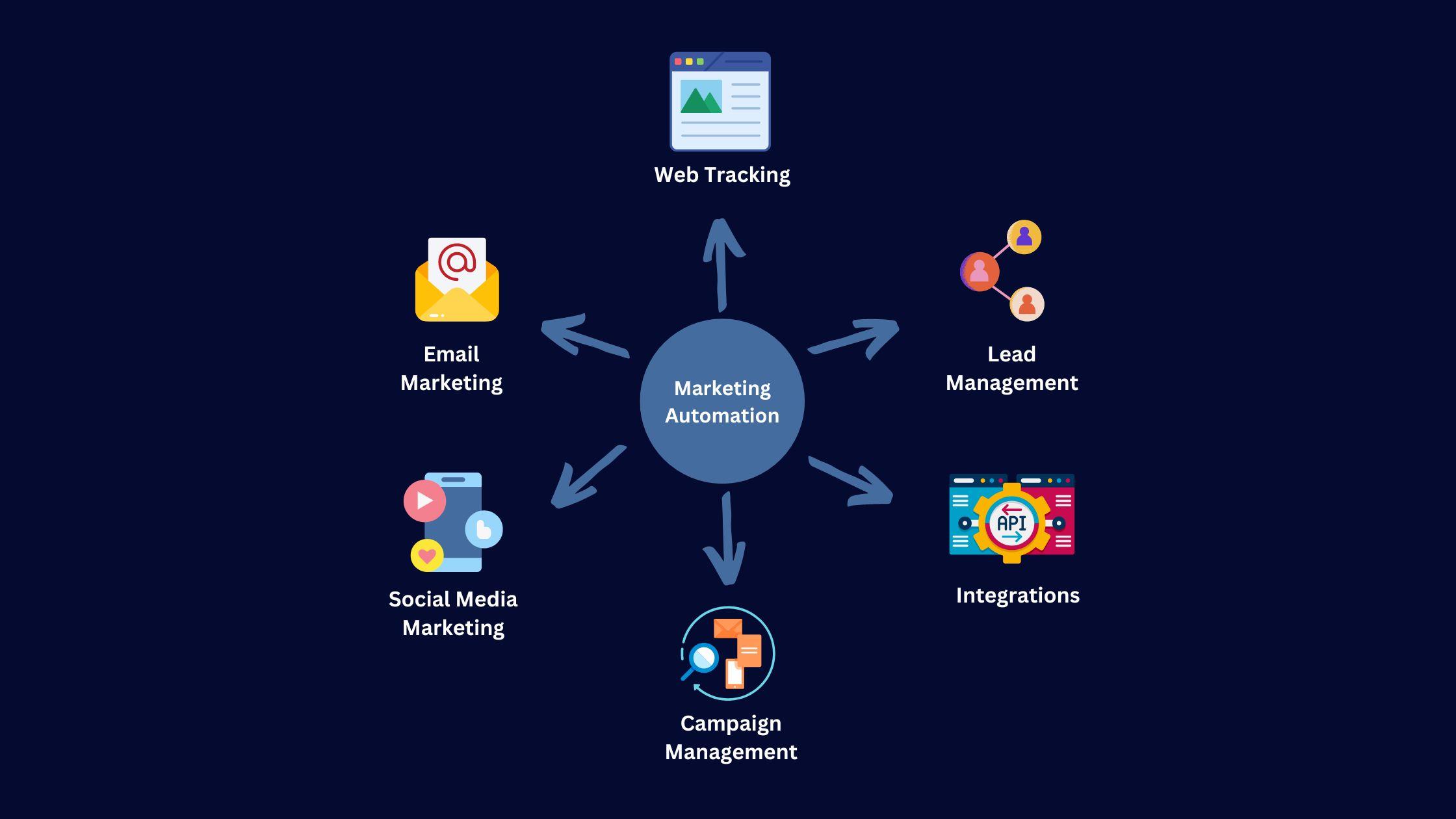
Understanding the Fundamentals of Email Marketing Automation
Email marketing automation is an essential aspect of modern digital marketing strategies. It allows businesses to streamline communication with their audience, delivering the right message at the right time without manual intervention. One of the fundamental components of this process is understanding the customer journey, which enables marketers to create personalized experiences. Key elements include:
- Segmentation: Dividing your audience into specific groups based on behavior, demographics, or preferences.
- Triggers: Setting up automated responses based on actions taken by subscribers, such as signing up or clicking a link.
- Testing: A/B testing email components to determine what resonates best with your audience.
Moreover, effective email marketing automation relies heavily on the right tools and data analytics. Utilizing software designed for automation not only simplifies campaign management but also enhances the ability to track engagement metrics. Important metrics to monitor include:
| Metric | Description |
|---|---|
| Open Rate | Percentage of recipients who open your email. |
| Click-Through Rate | Percentage of recipients who click on links within the email. |
| Conversion Rate | Percentage of recipients who complete a desired action, like making a purchase. |
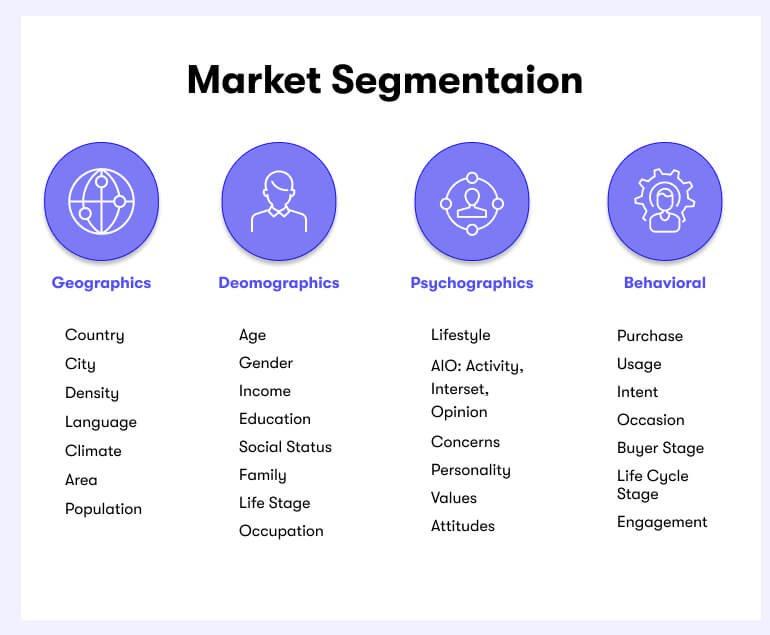
Crafting Targeted Campaigns Through Segmentation and Personalization
To maximize the effectiveness of your email marketing strategies, understanding your audience is paramount. Through segmentation, you can categorize subscribers based on various characteristics such as demographics, purchase history, or engagement levels. This allows you to create highly focused campaigns that resonate with specific groups. For instance, consider these key criteria for segmentation:
- Age and Gender: Tailor content that appeals to different age groups and genders.
- Location: Customize offers based on geographical considerations.
- Buying Behavior: Target previous purchasers with relevant product suggestions.
- Engagement Level: Identify and nurture dormant subscribers with re-engagement campaigns.
Once you’ve segmented your audience, the next step is personalization. Beyond merely addressing subscribers by their first name, leveraging data can significantly enhance user experience. Incorporate tailored content like previous purchase recommendations or personalized discounts that resonate with individual preferences. Here’s a simple table highlighting the impact of personalized email content:
| Personalization Level | Open Rate (%) | Click-through Rate (%) |
|---|---|---|
| Generic Content | 15% | 2% |
| Segmented Email | 25% | 5% |
| Personalized Recommendations | 35% | 10% |
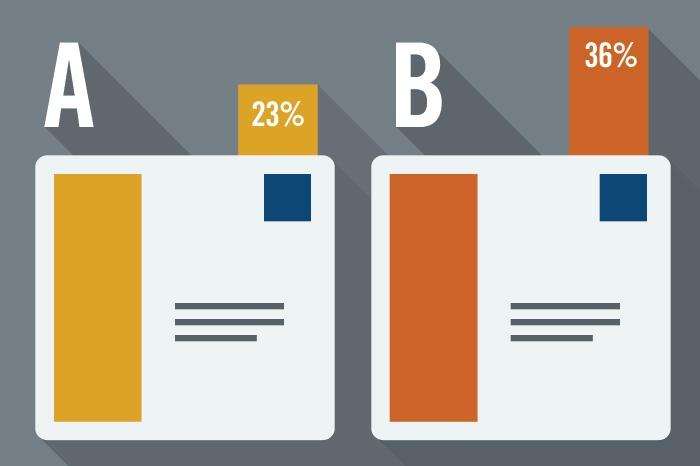
Maximizing Engagement with A/B Testing and Performance Analytics
To truly harness the power of your email marketing efforts, A/B testing serves as a vital tool in your strategy. By experimenting with different elements of your emails—such as subject lines, call-to-action buttons, and visual content—you can identify which combinations yield the highest engagement rates. The process involves splitting your audience into two groups where one receives version A and the other version B. The outcome will provide invaluable insights, letting you tweak your approach based on actual reader behavior rather than assumptions. Regularly conducting these tests can help you stay ahead of trends and constantly adapt to your audience’s preferences.
Performance analytics should not be an afterthought but rather an integral part of your email marketing strategy. Monitoring key metrics such as open rates, click-through rates, and conversion rates allows you to assess the effectiveness of your campaigns. Consider utilizing a table to summarize and compare these metrics over multiple campaigns:
| Campaign Name | Open Rate | Click-Through Rate | Conversion Rate |
|---|---|---|---|
| Campaign A | 25% | 15% | 5% |
| Campaign B | 30% | 20% | 8% |
| Campaign C | 22% | 10% | 4% |
Using this structured approach not only aids in identifying successful tactics but also informs your future campaigns. Equipped with data-driven insights, you can craft more personalized and compelling messages that resonate with your audience, ultimately leading to increased engagement and higher returns.

Building a Sustainable Email List for Long-Term Success
Creating an engaged and dedicated email list requires more than just collecting addresses; it involves curating a community that genuinely values your content. Start by offering compelling incentives that resonate with your target audience. This could include e-books, exclusive discounts, or insightful newsletters that provide real value. Remember, the goal is to attract subscribers who are genuinely interested in what you have to say, establishing a relationship built on trust from the beginning. Implementing a double opt-in process can also improve the quality of your list, ensuring that your subscribers are not only interested but also committed to receiving your communications.
Segmenting your email list is another effective strategy for maintaining a sustainable database. By categorizing subscribers based on their behavior, preferences, or demographics, you can tailor your messaging to better align with their interests. Consider the following approaches for segmentation:
- Purchase History: Group by past purchases to recommend related products.
- Engagement Level: Identify recent openers and clickers for targeted campaigns.
- Demographics: Customize content based on age, location, or gender.
| Segmentation Criteria | Benefit |
|---|---|
| Purchase History | Increases relevance and conversion rates |
| Engagement Level | Improves retention and reduces churn |
| Demographics | Enhances personalization and audience understanding |
By combining a thoughtful list-building strategy with effective segmentation, you can create a robust email marketing framework that not only yields immediate results but also lays the foundation for sustainable long-term success.
Wrapping Up
In the fast-paced world of digital communication, email marketing automation emerges as a powerful ally for businesses striving to connect with their audience effectively. By harnessing the capabilities of automated tools, you can create personalized experiences, nurture leads, and ultimately drive conversions with finesse.
As we reflect on the transformative potential of email marketing automation, it’s important to remember that success lies not just in the tools you use, but in the strategy you implement. Cultivating a deep understanding of your audience, continually refining your campaigns, and embracing a test-and-learn mindset will pave the way for impactful engagements.
So, as you embark on your journey toward email marketing mastery, keep in mind the delicate balance of technology and human touch. With thoughtful execution and an eye on evolving trends, your automated emails can do more than just deliver messages; they can foster lasting relationships that resonate in the inboxes of your subscribers. Here’s to a future where each click leads to a conversation, and every email inspires action.


